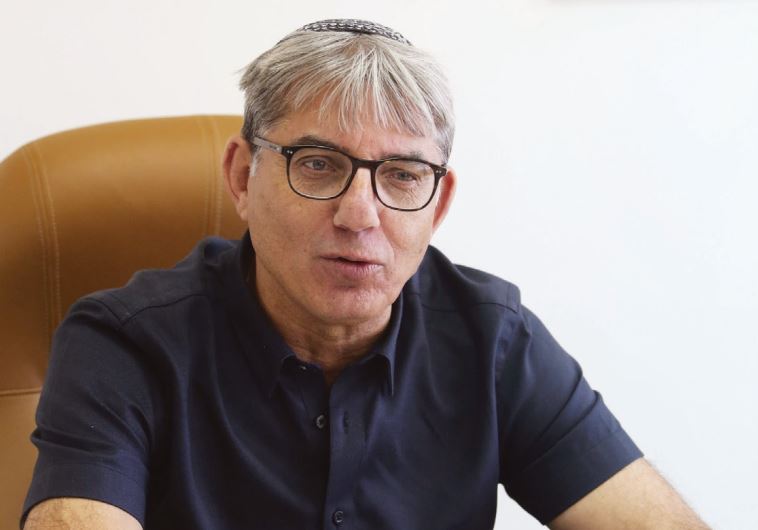One more brick wall
The freeze imposed by the government on any new construction in these neighborhoods has raised the ire of most city council representatives.
 Deputy Mayor Meir Turgeman, head of the local planning and construction committee(photo credit: MARC ISRAEL SELLEM)
Deputy Mayor Meir Turgeman, head of the local planning and construction committee(photo credit: MARC ISRAEL SELLEM)